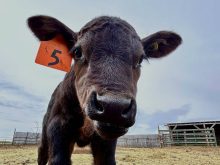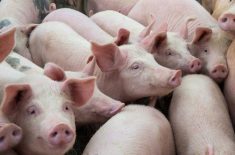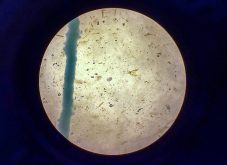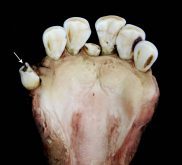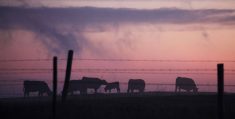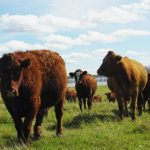Although international markets remain closed to Canadian cattle, the debate over animal health remains in the forefront.
The issue of whether American cattle should freely move into Canada without health tests for four diseases has been a longtime irritant in the United States, said Arno Doerksen, chair of the Canadian Cattlemen’s Association animal health and meat inspection committee.
“We have clearly stated we want this resolved,” he said. “We’re going to see some progress on this. It simply has to happen.”
The CCA and the National Cattlemen’s Beef Association in the U.S. have long argued that importing brucellosis, tuberculosis, anaplasmosis and bluetongue is an extremely low risk to the Canadian herd.
Read Also
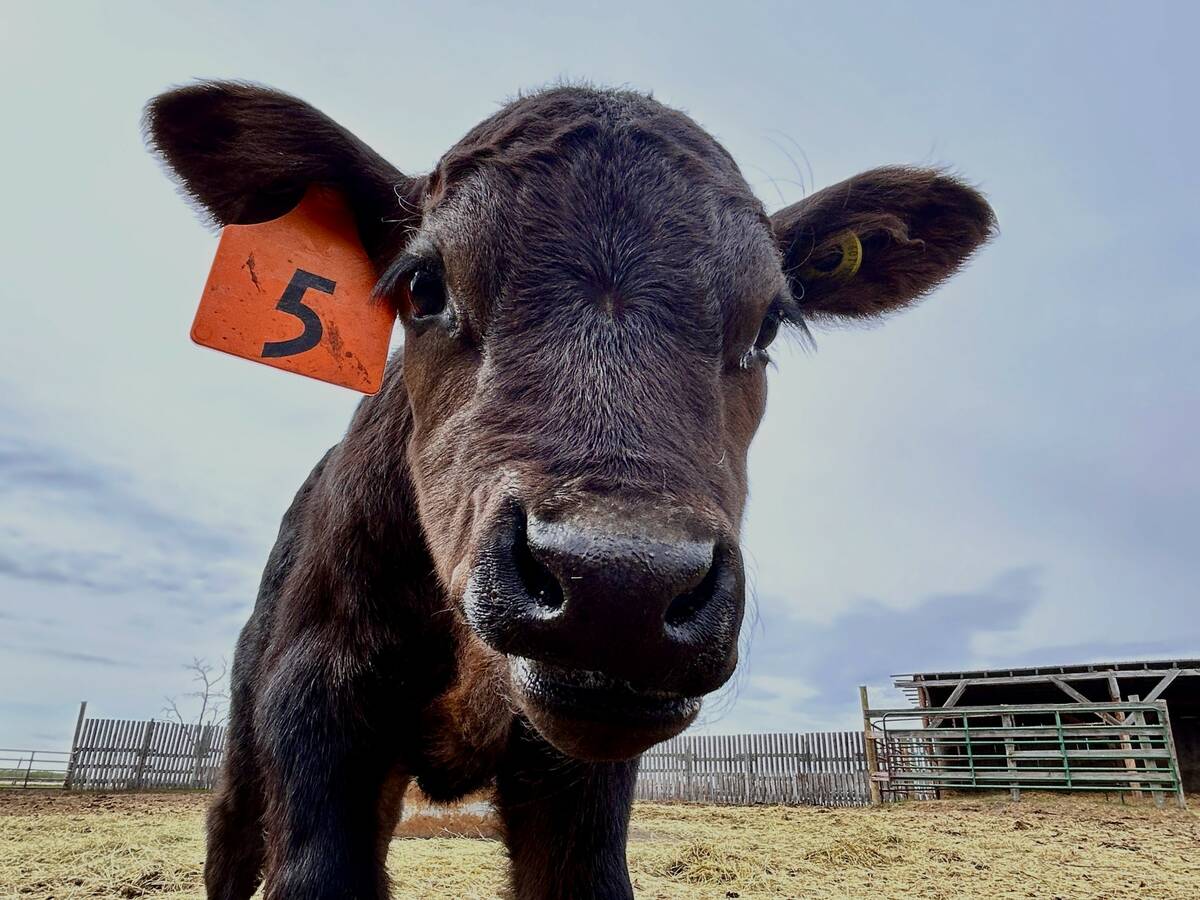
Calf hormone implants can give environmental, financial wins
Hormone implants can lead to bigger calves — reducing greenhouse gas intensity, land use intensity and giving the beef farmer more profit, Manitoba-based model suggests.
Research is ongoing to test cattle in northern states for the diseases and Agriculture Canada scientists in Lethbridge have been monitoring insects suspected of carrying bluetongue.
Discussions were held throughout the summer as the two countries attempted to achieve trade parity and resolve animal health differences.
Even though Canada cannot export live animals because of bovine spongiform encephalopathy, many expect that the Americans will allow Canadian cattle to return to the marketplace by the first quarter of 2004, which could restart the market and allow feeder cattle to move freely across the border.
Bluetongue and anaplasmosis are on the reportable disease list in Canada, a list usually reserved for highly contagious diseases and those posing a potential risk for humans. Neither is contagious or affects humans.
The CCA wants the diseases placed on the annual notifiable list, as they are in the U.S., which allows the industry to take responsibility for managing the risk.
In a letter to U.S. agriculture secretary Ann Veneman, the NCBA complained Canada has hidden behind its health-of-animals status to restrict American cattle on a year-round basis.
“For decades, Canada has used animal health issues without application of sound science to create barriers in the selling of feeder cattle, breeding stock and semen and embryos from the United States to Canada,” said the letter signed by NCBA chief executive officer Terry Stokes and NCBA president Eric Davis.
“Continued testing requirements by Canada for anaplasmosis, bluetongue, tuberculosis and brucellosis should not be tolerated.”
As Canada upgrades its BSE prevention program on the basis of risk assessment and the most recent scientific information, the Americans ask for a harmonization of standards.
In a recent News release
news, the NCBA said the following principles should be used in addressing the BSE situation in Canada:
- All decisions on trade requirements must be science-based and consistent with the Harvard risk assessment study.
- All standards agreed upon between the U.S. and other trading partners must be equivalent for both international and domestic consumers of beef.
- The U.S. Department of Agriculture must promptly inform the public and the beef industry on the progress of the investigation in Canada and the status of reestablishing trade, including the process and timeline for reopening the border.
- As negotiations on reopening the border occur, the USDA animal health division should seize the opportunity to create a harmonization of animal health standards to allow an equitable flow of cattle in both directions.





